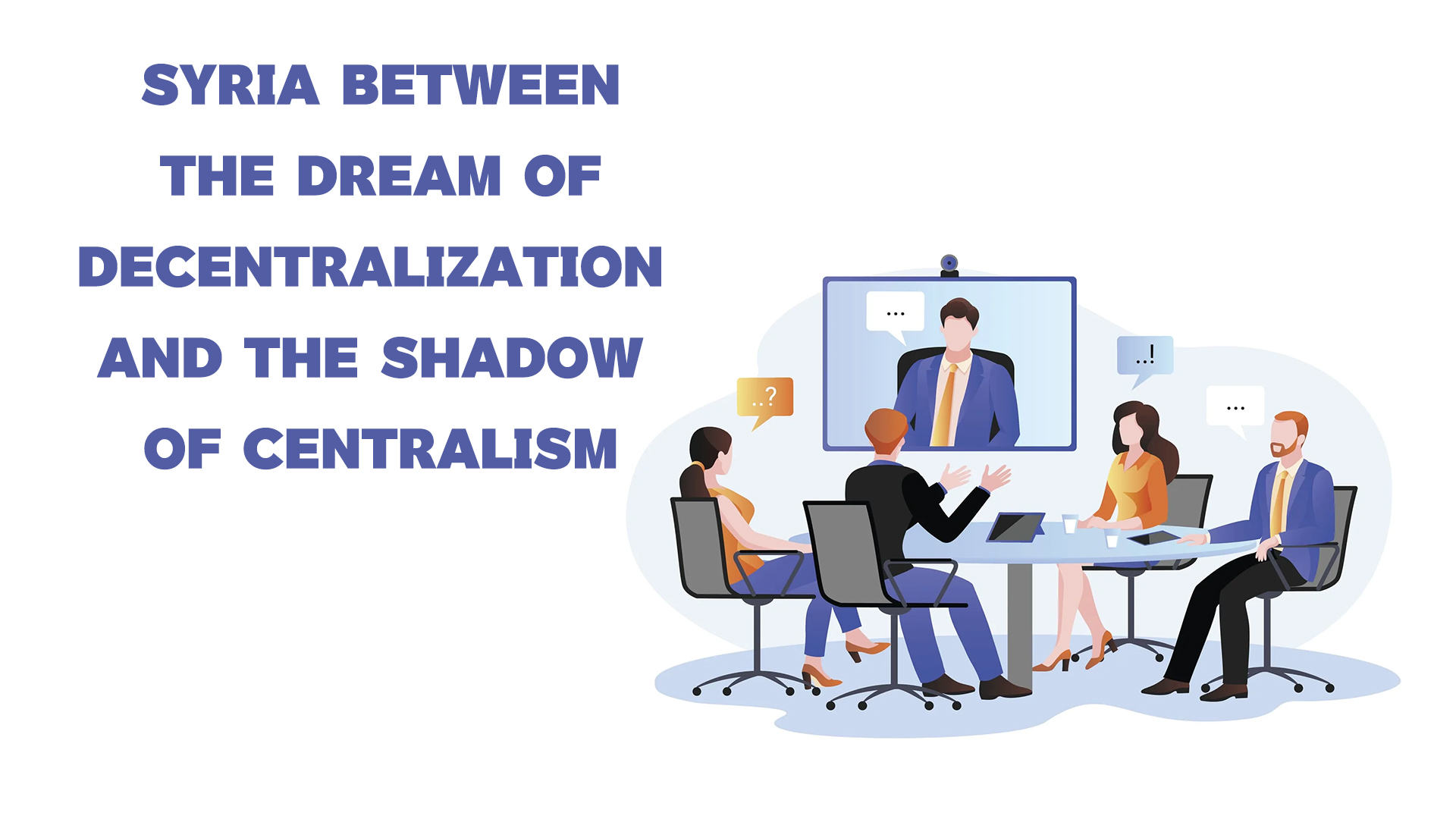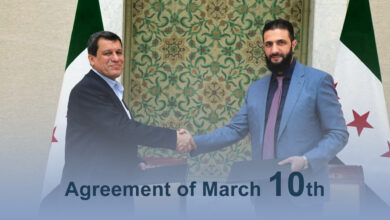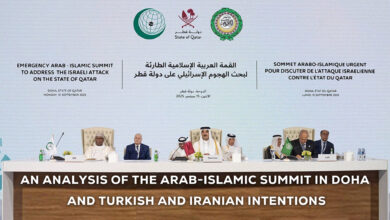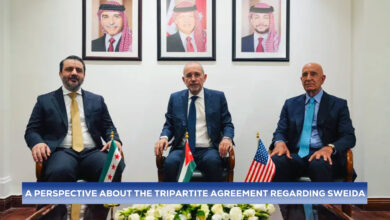Syria Between the Dream of Decentralization and the Shadow of Centralism
Murshid al-Youssef

At every turning point in modern Syrian history, there has been hope that a new chapter would begin—one that moves beyond the wounds of the past and opens a window toward a future inclusive of all Syrians. Such optimism reemerged following the recent political shift and the rise of Mr. Ahmad al-Sharaa to power. Many believed the country was finally on a path toward meaningful democratic reform and that long-standing grievances of marginalized communities—particularly the Kurdish population—would be addressed.
Yet, reality appears to be unfolding differently. The winds of the past continue to blow through the corridors of the present, as centralism and exclusion are once again being rebranded, merely adorned with new faces and slogans.
There is no denying that Syria has endured decades of authoritarian rule, characterized by one-party dominance, cults of personality, and a pervasive security apparatus. The popular uprising that erupted in 2011 seemed to open the door to change, but the collapse of the centralized state did not give rise to a coherent, participatory alternative. Instead, it led to political fragmentation and the disintegration of national cohesion.
With Mr. Al-Sharaa’s ascent to leadership came a new discourse promising a civil state based on equal citizenship. However, these promises have not been backed by a clear roadmap that acknowledges Syria’s ethnic, cultural, and social diversity. On the contrary, several indicators suggest a return to the old Baathist model of centralized governance—most notably, in the refusal to recognize the Autonomous Administration of North and East Syria (AANES), or to grant legitimate political representation to non-Arab components.
Within this broader context, the Kurdish community stands out as one of the most historically marginalized groups in Syria. Since the 1950s, Kurds have faced forced Arabization policies, including the infamous 1962 special census, the implementation of the “Arab Belt” plan, and continued deprivation of cultural, linguistic, and political rights.
Today, following the AANES’ attempt to establish local self-governance and broader community participation—including other ethnic and religious groups—al-Sharaa’s government appears intent on disregarding and even criminalizing this experience, under the pretext of preserving national unity. These exclusionary policies are little different from those of the past, and they perpetuate the denial of any independent Kurdish presence or meaningful partnership in governance. This path risks repeating the very mistakes that led to Syria’s descent into conflict.
What is happening today is not a mere political disagreement. It is a struggle between two visions of statehood: one that is centralized, hierarchical, and claims sole legitimacy and authority in the capital, and another that is decentralized and participatory, recognizing diversity and distributing power based on principles of justice and representation.
The current government’s refusal to recognize plural administrative structures, or to include Kurds, Arabs, Syriacs, and Assyrians in shaping Syria’s future, suggests a form of “soft dictatorship” hiding behind the language of reform—yet ultimately recycling the mechanisms of authoritarianism. Centralization is not simply an administrative choice; when used to exclude others and suppress aspirations for participation, it becomes a tool of political repression.
Marginalizing communities—especially the Kurds—does not only generate a sense of injustice. It also undermines national unity and weakens collective belonging. When a group is denied recognition and decision-making power, its ties to the state become fragile. This, in turn, could lead to future explosions of discontent and a loss of trust in national institutions, prompting local communities to seek alternative models of governance and identity.
If Syria truly wishes to emerge from its cycle of violence and division, it must undertake a fundamental redefinition of the state—not based on centralized dominance, but on a new social contract that guarantees political and administrative decentralization as the foundation for stability. This includes acknowledging ethnic and cultural plurality, involving all components in constitutional drafting and policymaking, and respecting existing autonomous governance models as part of the solution rather than a threat to be dismantled.
It must be understood that Syria can only rise through the contributions of all its people. Ignoring the rights of its constituent groups—chief among them the Kurds—is not just a political miscalculation; it is a gamble with the country’s future. There can be no security without justice, no stability without partnership, and no unity without recognition.
If Mr. Ahmad al-Sharaa wishes to be remembered as a transformative leader in Syria’s new chapter, he must decide whether to remain an echo of an oppressive, centralized past—or to become the founding architect of a pluralistic, inclusive, and democratic state.




